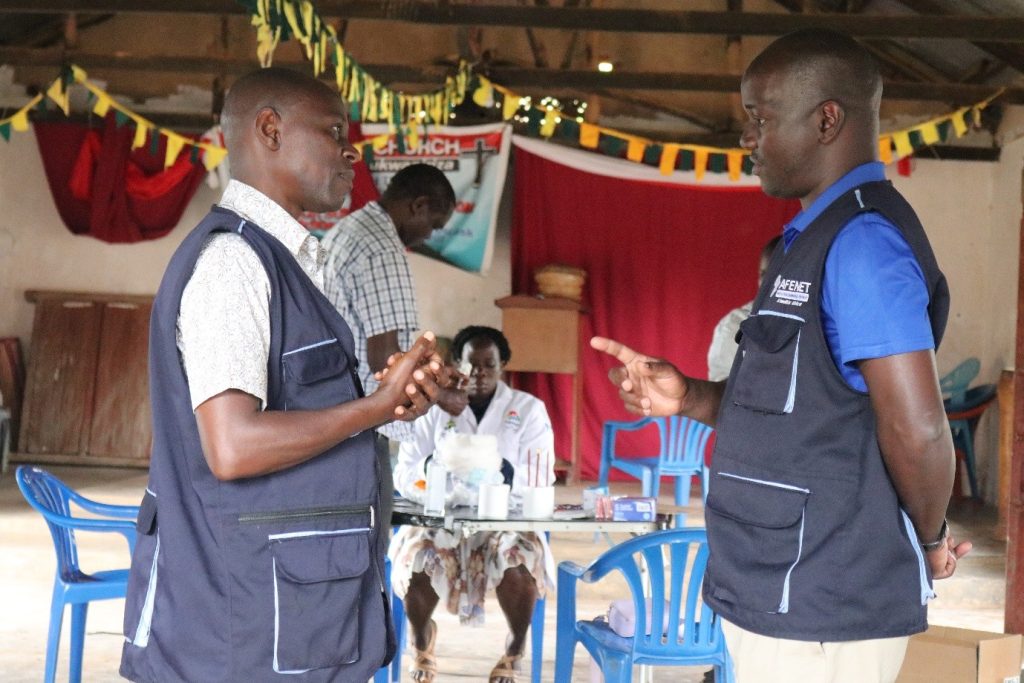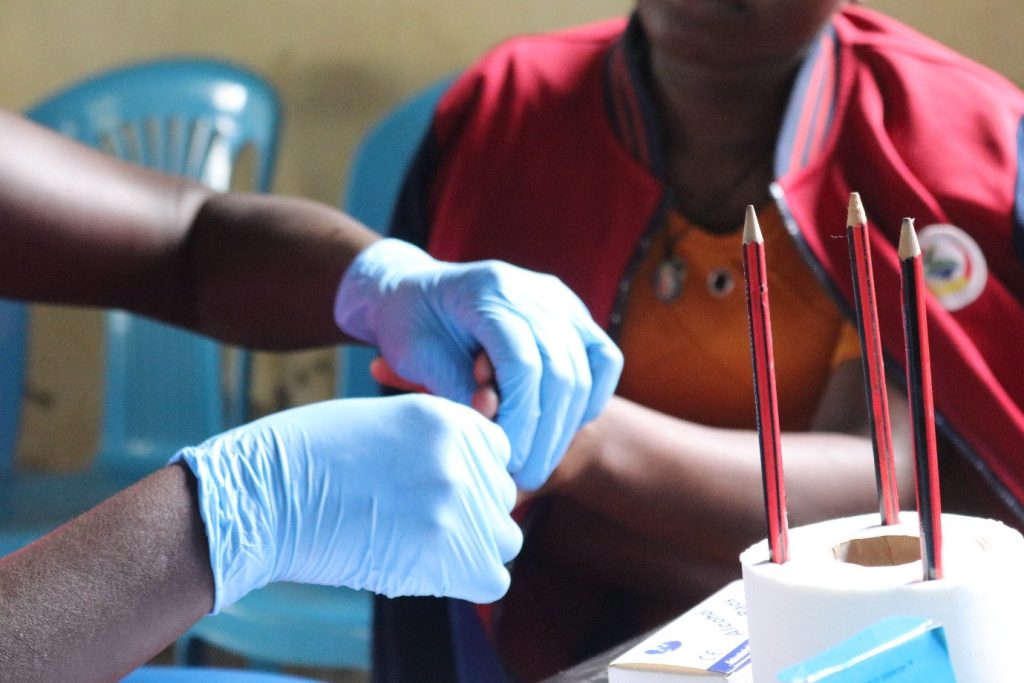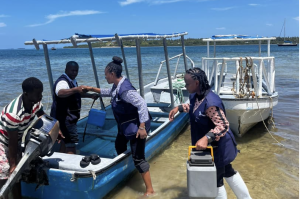AFENET Deepens Research to Improve Diagnosis of Mansonellosis, Elephantiasis, and River Blindness in Uganda
-
by
AFENET


AFENET, in collaboration with the Ministry of Health, Uganda’s Neglected Tropical Diseases (NTD) Program and the CDC Foundation, has embarked on an expanded phase of research to strengthen diagnostic accuracy for three closely related parasitic infections, Mansonellosis, Elephantiasis, and River Blindness.
This new phase builds on an earlier study completed in April 2025, when AFENET and partners successfully conducted a week-long data and blood sample collection exercise among 1,000 residents of Namuganga Sub-county, Mukono District in Central Uganda. The first study provided valuable baseline samples and insights that are now guiding the next stage of diagnostic validation and laboratory analysis.
According to the 2021–2030 WHO Roadmap for the control and elimination of Neglected Tropical Diseases (NTDs), the current diagnostic tools for monitoring, evaluation, and surveillance are not sufficient to meet program needs. The three parasites, Onchocerca volvulus (which causes River Blindness), Wuchereria bancrofti (which causes Elephantiasis), and Mansonella perstans (which causes Mansonellosis), often occur in the same geographical areas.
Because these parasites belong to the same filarial family, they share similar antigens, making it difficult for diagnostic tests to distinguish between them. This cross-reactivity reduces accuracy and complicates treatment decisions for national NTD programs.
To address these challenges, AFENET and its partners are conducting a comprehensive study in October 2025 to evaluate the specificity and cross-reactivity of diagnostic tests. The goal is to develop more reliable and disease-specific diagnostics that will improve the detection and management of Mansonella perstans, Wuchereria bancrofti, and Onchocerca volvulus infections.
Mansonella perstans is a vector-borne filarial parasite transmitted by the bites of tiny blood-sucking midges (Culicoides species). It is widespread across Sub-Saharan Africa and parts of Central and South America. While the infection is often asymptomatic, it can cause fever, headaches, joint pain, and skin reactions. Because its symptoms are non-specific, Mansonellosis is frequently underdiagnosed, yet it can interfere with the accuracy of tests for other filarial infections.
Through this multi-institutional collaboration, AFENET continues to demonstrate leadership in diagnostic research, public health surveillance, and capacity building for NTD elimination. The ongoing study not only advances scientific understanding but also contributes to the global goal of eliminating neglected tropical diseases as public health problems by 2030.





